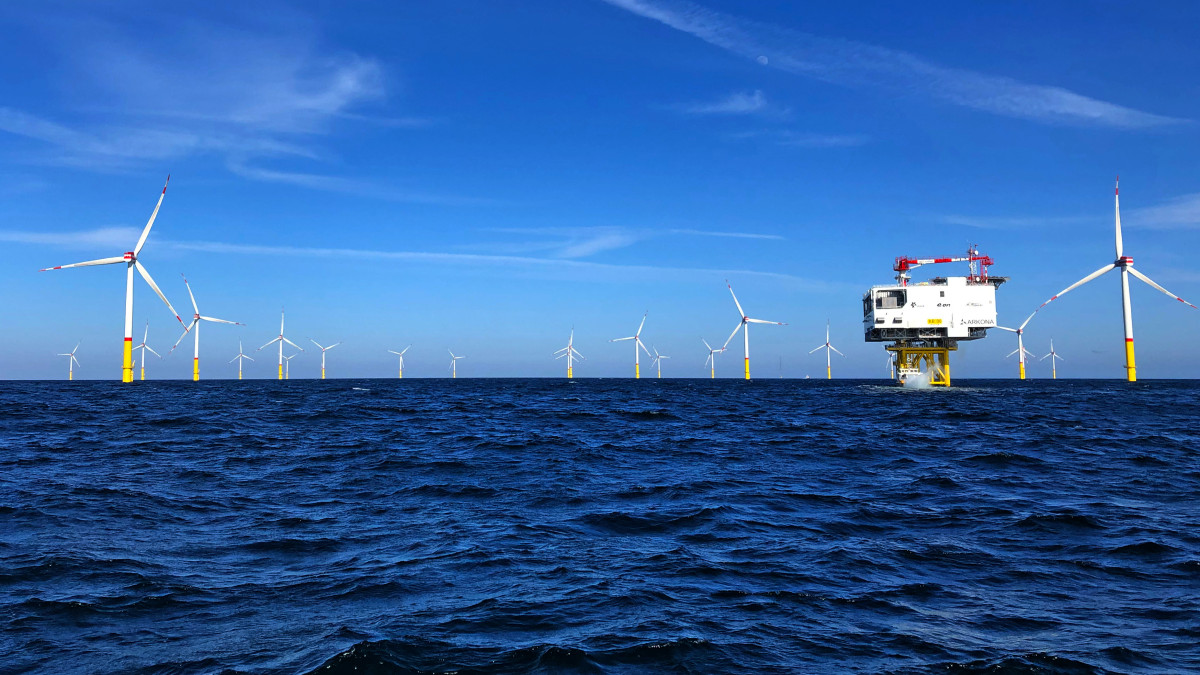Nord Stream cost Germany dearly, wind power now priority in Baltic Sea – foreign minister
Clean Energy Wire
German energy policy in the Baltic Sea region has been a major failure that will now have to be corrected through a rigorous pivot towards offshore wind power, foreign minister Annalena Baerbock said at the Baltic Offshore Wind Forum in Berlin. Germany’s insistence on the Nord Stream 2 pipeline to import natural gas from Russia despite the often-vocal rejection of the project by its neighbours in the region had been a severe mistake that cost Germany dearly, she added. “They were right and we were wrong,” Baerbock said, adding that Germany has paid for every cubic metre of Russian gas by giving up its security “twice and three times over,” after gas trading came to a halt following Russia’s attack on Ukraine. Instead of Nord Stream, the focus should now be to build up offshore wind in the Baltic Sea together with partner countries. “Every wind turbine is an investment in our security,” as it will reduce “reliance on countries we cannot always rely on,” Baerbock said. The foreign minister added that there is a potential for building as much as 93 gigawatts (GW) of offshore wind power production capacity in the Baltic Sea, but cautioned that it will “not be easy at all,” requiring massive investments in infrastructure and security, as the attacks on the Nord Stream pipelines in 2022 had shown. Offshore wind power investments now come with a “security issue that needs to be priced in,” Baerbock said. She urged that the same determination Germany had shown in decoupling itself from Russian fossil fuels will now be needed to build out renewable power to make the decoupling permanent.
Germany has sought to intensify cooperation on joint offshore wind use with neighbours in the Baltic Sea, where its insistence on the now defunct gas pipeline Nord Stream 2 cost the country a lot of diplomatic capital. While Germany is among the leading countries in the roll-out of offshore wind power, the vast majority of its installations are located in the North Sea.


